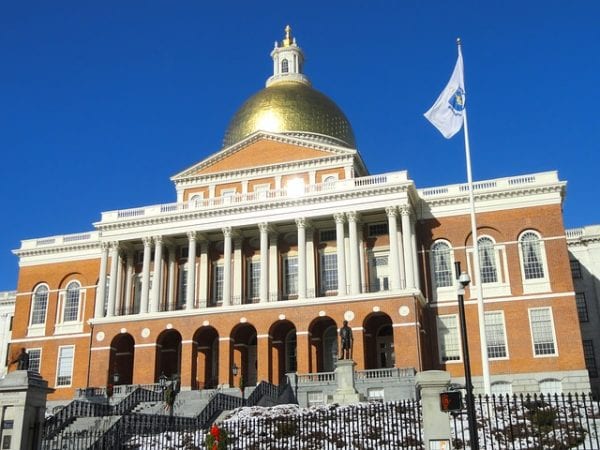
Taxi Drivers Getting A Free Ride With New Massachusetts Law
Taxpayers Protection Alliance
September 13, 2016
The drive for competition is one of the greatest motivators in the marketplace. In many cases, innovative ideas, spurned by competition, can change an industry and the way people think about a product or service. This has never been more evident than with ridesharing companies like Uber and Lyft. While the companies continue to thrive, and the industry sees growth with new players in new markets all across the country, the threat of big government and cronyism still pose a very real problem.
Recently, ridesharing has come under attack in cities across the country with growing calls for more taxes and regulations on the industry. The leading opponent of these innovative services has been the antiquated taxicab industry, which simply cannot and will not update their services or business model to adapt to the changing needs of consumers.
Some of the regulatory schemes imposed by governments are so bad that they have forced ridesharing out of existence in some areas of the country.
In Austin, earlier this year, Uber and Lyft were effectively banned after the city council imposed new regulations on ridesharing services that made it impossible to compete. There was a campaign to try and beat back the new regulations, it failed and ridesharing services (and the jobs they brought) have now been driven away from the city.
Now, Massachusetts is doing something completely different by imposing a fee on Uber and Lyft that will be funneled to the taxicab industry. Sophie Weiner of Popular Mechanics reported on the news law last month:
Massachusetts Governor Charlie Baker just signed into law a new fee that will be levied on ride sharing companies like Uber and Lyft. Five cents of every 20 cent fee will go to a subsidy for traditional taxi services. The rest of the fee will be split among local municipalities and public transportation. This is the first fee of its kind in the United States.
This is a troubling law in that it takes from folks who are choosing to use an alternative service and give a subsidy to a competing service. The taxicab industry should not be relying on Uber, Lyft, and other ridesharing customers to subsidize their failing business model. Uber and Lyft service about 2.5 million customers in Massachusetts and there are other ridesharing services that will be charging this fee to their customers.
What is even more worrisome about the new law is that it is the first of it’s kind, and could become a template for cities and states nationwide. It would be a disaster for consumers to subsidize competitors because this will not encourage innovation.
This law gives the taxicab industry an excuse to not make any changes to their business model, regardless if they are succeeding or not.
In a recent piece for Forbes, Manhattan Institute’s Jared Meyer described the potential for more harmful legislation on ridesharing services in more cities to come as a result of the Massachusetts law:
If taxis cannot compete with ridesharing because of antiquated regulations that limit their competitiveness, that is an argument for deregulation of taxis—and Massachusetts had a chance to accomplish this. Instead, the high-tax state chose to give in to special interests and tax its residents.
TPA is extremely disappointed in Governor Baker for continuing Massachusetts’ tradition of being a high-taxed state. Now the fight must turn to other states and cities and stop this and other crippling regulations aimed at preventing ridesharing from expanding.
